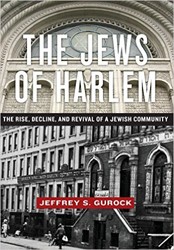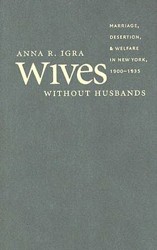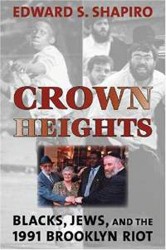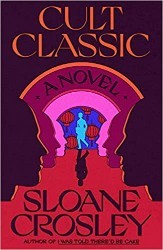If the generally discredited melting pot was based on a romanticized view and did not actually exist, what occasions differences in ethnic groups, one from another? This is a central question which Joshua M. Zeitz explores in his provocative book, White Ethnic New York. Zeitz argues that whereas race offers a simple and recognizable explanation for political identity, he avers that in reality it is ethnicity — the intersection of religion, national origin, and class — that influences how people vote and demonstrate their social values.
An examination of New York’s Jewish population in the post-World War II period, contrasted with their nearest neighbors, Catholics of Italian and Irish descent, reveals sharp differences. People lived insular social lives based on occupation, residence, schools and classrooms, and of course types and frequency of attendance in worship. This created parallel worlds within the same city, thus contributing to ethnic chauvinism and inter-religious estrangement. Zeitz suggests that “the culture of Italian and Irish American Catholicism— its teachings, its official mores, its family arrangements — stressed obedience and community, while Jewish theology and secular culture paid considerable tribute to individuality, intellectual freedom, and dissent.”
Change occurred slowly, at the cost of intragroup cohesiveness. Vatican II, the rise and dissolution of Communism, school decentralization and the Vietnam War are all cited as accelerators of change, as well as racial polarization and politics. But whereas race played a seminal political role elsewhere in the United States, according to Zeitz New York City was unique in its fealty to a “cosmopolitan outlook” and acceptance of difference.
This interesting book is not for the casual reader. It offers scholarly research and a synthesis of historical and cultural trends. But Zeitz provokes and challenges assumptions, thus contributing to our understanding of a changing political landscape.





